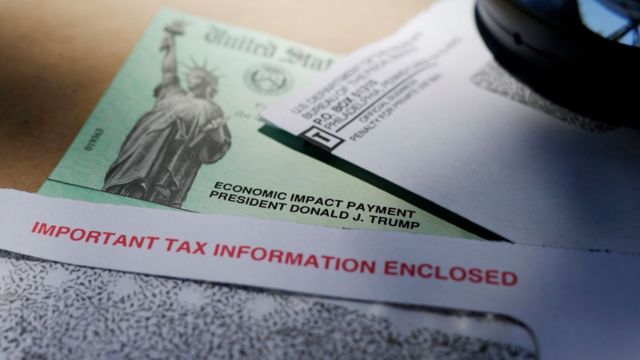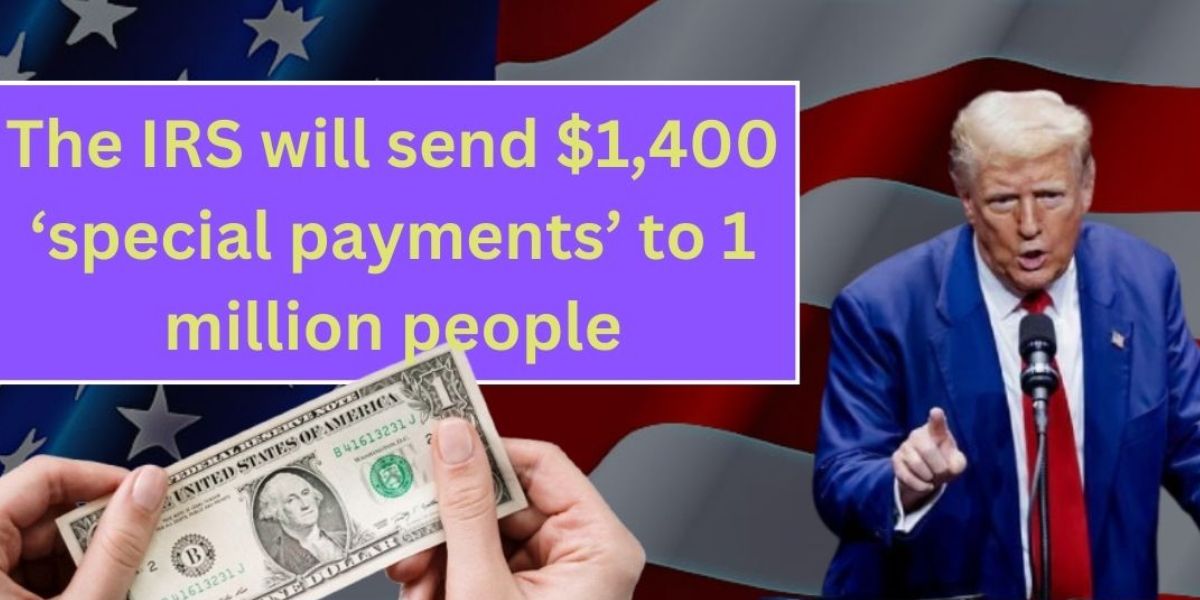Good news for millions of Americans: the IRS is sending out payments of up to $1,400 to an estimated 1 million people. These payments are part of ongoing efforts by the federal government to support eligible individuals who may need financial assistance. But the big question on everyone’s mind is: Are you one of the lucky recipients?
Here’s everything you need to know about these payments, including who qualifies, how to check your eligibility, and when you can expect to receive your payment.
Who Is Receiving the IRS Payments?
The IRS is sending out payments to those who meet specific eligibility criteria. These payments are designed to assist individuals and families who may have faced financial hardships in recent months. However, not everyone will qualify.
Eligible recipients typically include:
- Low to moderate-income earners who may not have previously received direct relief payments.
- Individuals who have filed recent tax returns with the IRS, particularly for the 2021 or 2022 tax years.
- People who qualify for stimulus or recovery rebates based on their income, tax filing status, and dependents.
- Some social security recipients, veterans, and supplemental security income (SSI) beneficiaries who meet specific criteria.
What Does the $1,400 Payment Mean?
The $1,400 payment is part of broader government relief efforts, which have provided multiple rounds of stimulus checks over the past few years.
This latest payment is aimed at continuing to provide assistance as inflation, rising living costs, and the aftermath of the pandemic continue to impact families across the country.
For those who qualify, the payment could be a welcome financial boost. The amount of $1,400 is per individual, so families with multiple qualifying members may see higher amounts based on their tax filings and dependent statuses.
A Christmas Gift for Retirees: Your Social Security Payment Arrives Today!

How to Check If You Qualify?
To determine if you qualify for this payment, you can start by reviewing your most recent tax filings. The IRS generally uses this information to identify eligible recipients. Key factors that determine eligibility include:
- Income level: Your adjusted gross income (AGI) must fall within a certain range. Typically, those earning less than $75,000 annually (or $150,000 for married couples filing jointly) are eligible for the full payment. There are phased reductions for individuals and households earning more than these thresholds.
- Tax filing status: Whether you are filing as single, head of household, or married can impact your eligibility.
- Dependents: If you have dependents, you may receive an additional amount, but the total will vary depending on your situation.
You can check your eligibility and track the status of your payment through the IRS’s Get My Payment tool, available on their official website.
Deadline Alert: Social Security to Cancel Payments in 2025 for Those Who Haven’t Logged In
When Will the Payments Be Sent?
The IRS has already begun issuing payments, and they are being distributed in phases. If you are eligible, you should expect to receive your payment either by direct deposit or by mail in the form of a paper check or prepaid debit card.
Direct deposit payments will likely arrive faster, while paper checks could take longer to reach recipients. Be sure to check your bank account or mailbox for updates. The IRS has emphasized that payments will be sent in batches, so it may take some time for everyone to receive theirs.
What Should You Do if You Haven’t Received Your Payment?
If you believe you are eligible but have not yet received your payment, the first step is to confirm your eligibility using the IRS tools mentioned earlier.
If you still have questions or believe there is an issue with your payment, the IRS suggests reviewing your most recent tax returns or reaching out to a tax professional for assistance.
In some cases, if you missed out on a previous round of payments, you may be eligible for a recovery rebate credit when filing your taxes. This could allow you to receive the payment or any missing amounts from prior relief packages.

